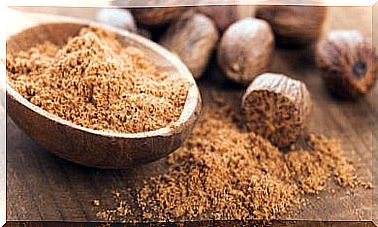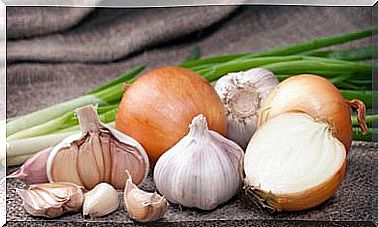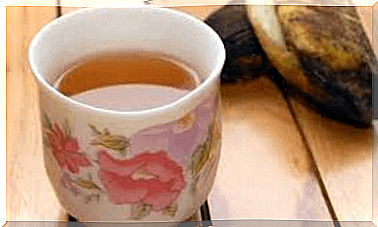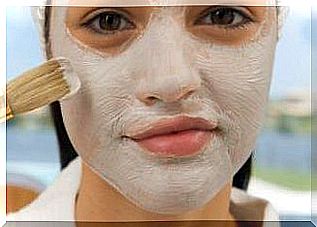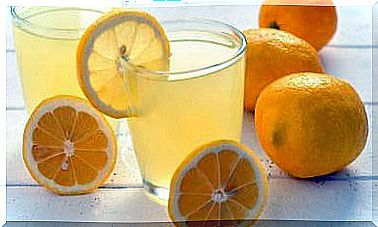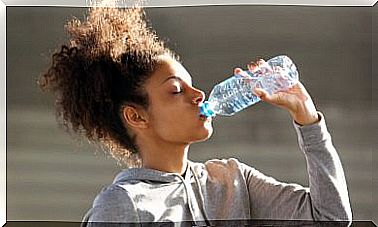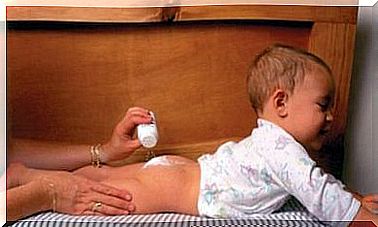Oral Hygiene In Children
The cleaning of children’s teeth influences the future oral health of children. For this reason, it is important to take care of hygiene and brushing your teeth from a young age.
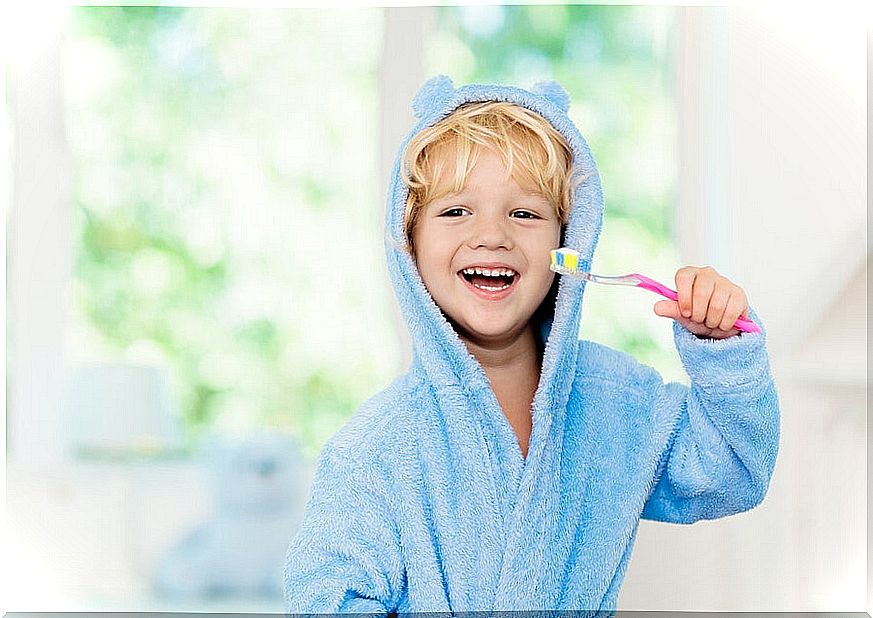
Promoting good oral hygiene in children is extremely important because their future dental health depends on it. Thus, according to published data, in 2017 caries affected 33% of children under five years of age in Spain.
The best way to combat this problem is to prevent and teach good oral hygiene habits from childhood. Do you want to discover how to take care of oral hygiene in children? Continue reading.
What is oral hygiene in children?
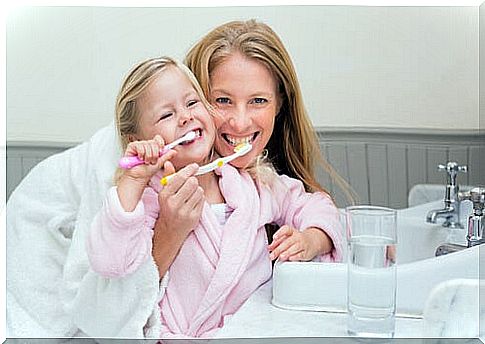
Taking care of your children’s teeth means much more than keeping them from looking yellow. Although this is a problem that worries and bothers us aesthetically, good oral hygiene in children is much more than having shiny white teeth.
When we talk about cleaning the mouth, we include teeth, cheeks and tongue. A healthy mouth can be summed up in the following:
- Healthy and white teeth, without food debris or the presence of plaque and tartar.
- Pink gums that do not bleed when brushing or hurt.
- Good breath.
Now, what does a child need to take care of his teeth at home? Do you need to buy a lot more than a toothbrush and toothpaste?
Complements for children’s oral hygiene
Dentists advise adults to brush and floss and floss at least twice a day. And in the case of children? Let’s see what they need to keep their mouth clean and healthy:
- Toothbrush : it must be adapted to your age. You can ask your trusted dentist what kind of bristles are the best for your little one. It is important for children to learn to brush their teeth manually, even with an electric toothbrush.
- Toothpaste : choose a toothpaste appropriate to the age of your little one. Also consult with the dentist about the best brand and whether or not it should be fluoridated.
- Dental floss : it is recommended that children from the age of 4 start flossing with help. Around 8 or 9 years old they will be ready to do the task on their own. Evidence indicates that flossing, along with brushing, is an effective measure against cavities.
Tips for oral hygiene in children
Good oral hygiene in children implies prevention. The first step for little ones to have white and healthy teeth is to take care of them before they have problems.
1. Start teeth cleaning at an early age
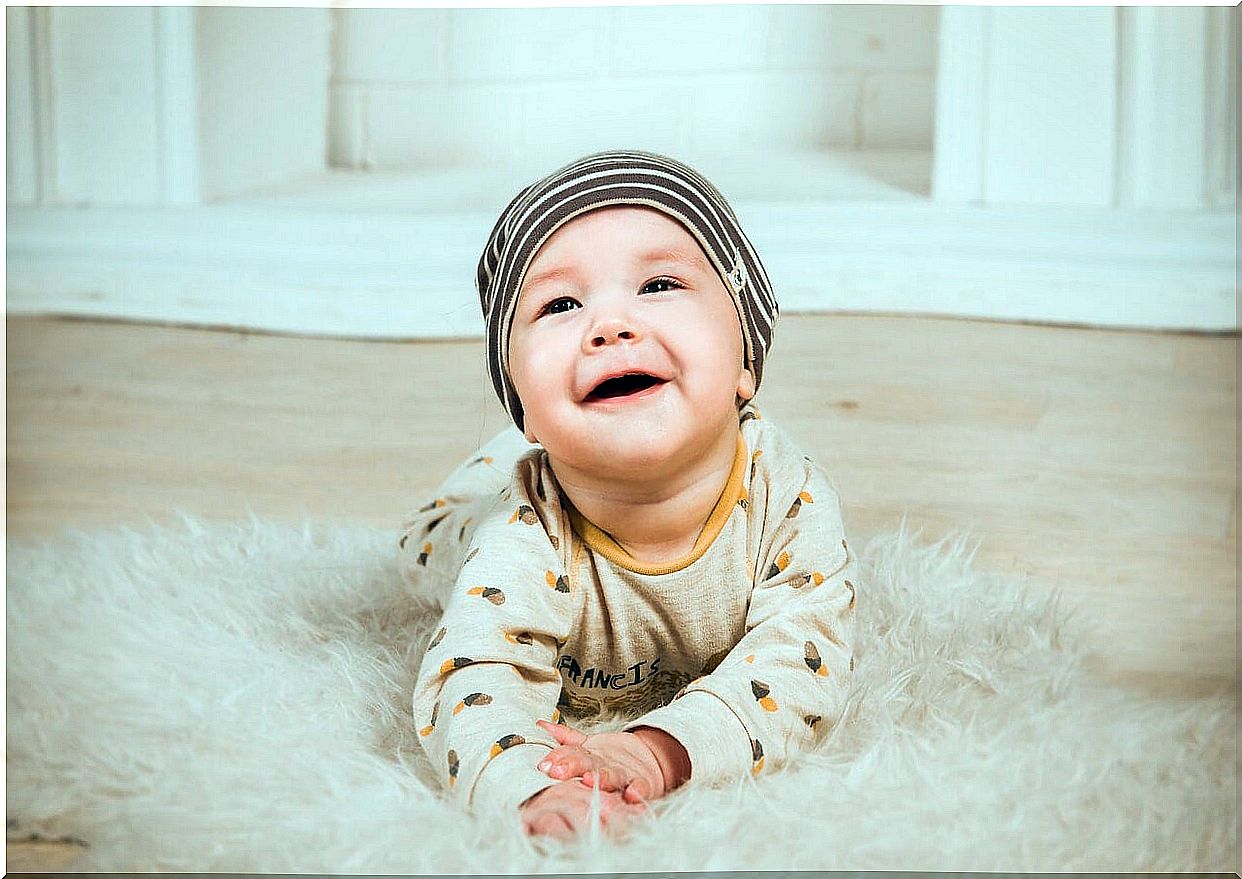
We usually believe that oral hygiene in children refers only to the care of the teeth, but this is not the case. For this reason, it is important that you take care of the cleanliness of your children’s mouth since they are babies.
Clean their gums with gauze and when your little one has teeth, brush them gently to prevent them from developing baby bottle cavities, as this article published in Acta Pediátrica Española points out .
2. Brush your teeth at least twice a day
Ideally, children should brush three times a day : when they wake up, after lunch, and after dinner. Proper brushing involves the following:
- Put a small portion of toothpaste on the brush. The amount should not exceed the size of a pea.
- Brush the inner surface of the teeth first, one by one. Remember to place the brush at an angle to also clean the junction of the tooth with the gum.
- Clean the outer surfaces of the teeth one by one. Maintain the angle relative to the gum.
- Brush the chewing surface of each tooth. Pay special attention to the grinding wheels.
- Do not forget to brush your tongue.
If your children are over four years old, you can start flossing, taking care not to damage the gums. Be patient because the task is likely to be difficult the first few times.
Note : It is important that you change the brush regularly when you notice wear.
3. Avoid excess sugars
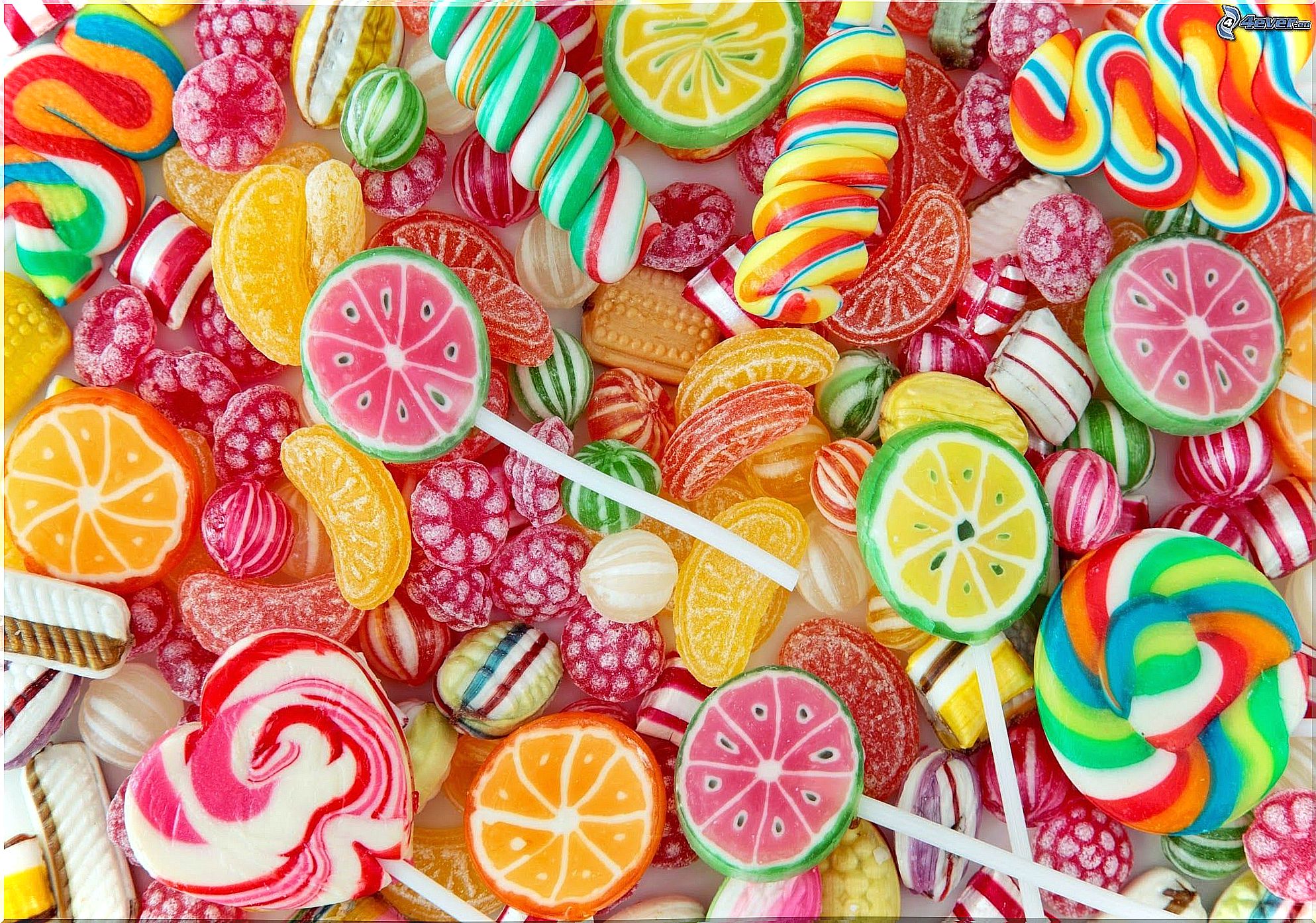
Children can consume sweets, of course they can, but always in moderation. Candies, for example, stick to the teeth and, if the little ones do not brush after eating, that sugar can damage the tooth and cause cavities.
4. Eat a balanced diet
A healthy diet is not only good for your health in general, but also for your oral health in particular. Include foods rich in calcium, phosphorus and fluoride in your children’s diet so that they have healthy and strong teeth.
5. Choose water as your preferred drink
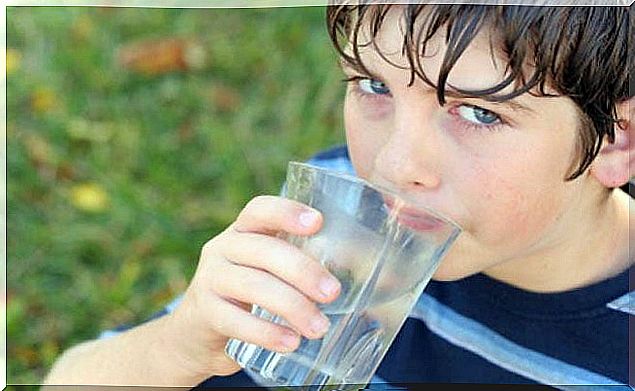
Sugary drinks can damage teeth. Think that your child does not clean his teeth after drinking a glass of juice. So, these sugars remain inside the mouth and can cause different problems.
6. Visit the dentist
At least once a year children should go to a dental check-up. Take advantage of that moment to consult the professional about the best care for your little one’s mouth.
In short, oral hygiene in children is essential, not only for their present, but also for their future. If you have questions about brushing, ask your doctor. No one better than him will be able to advise you on this.
